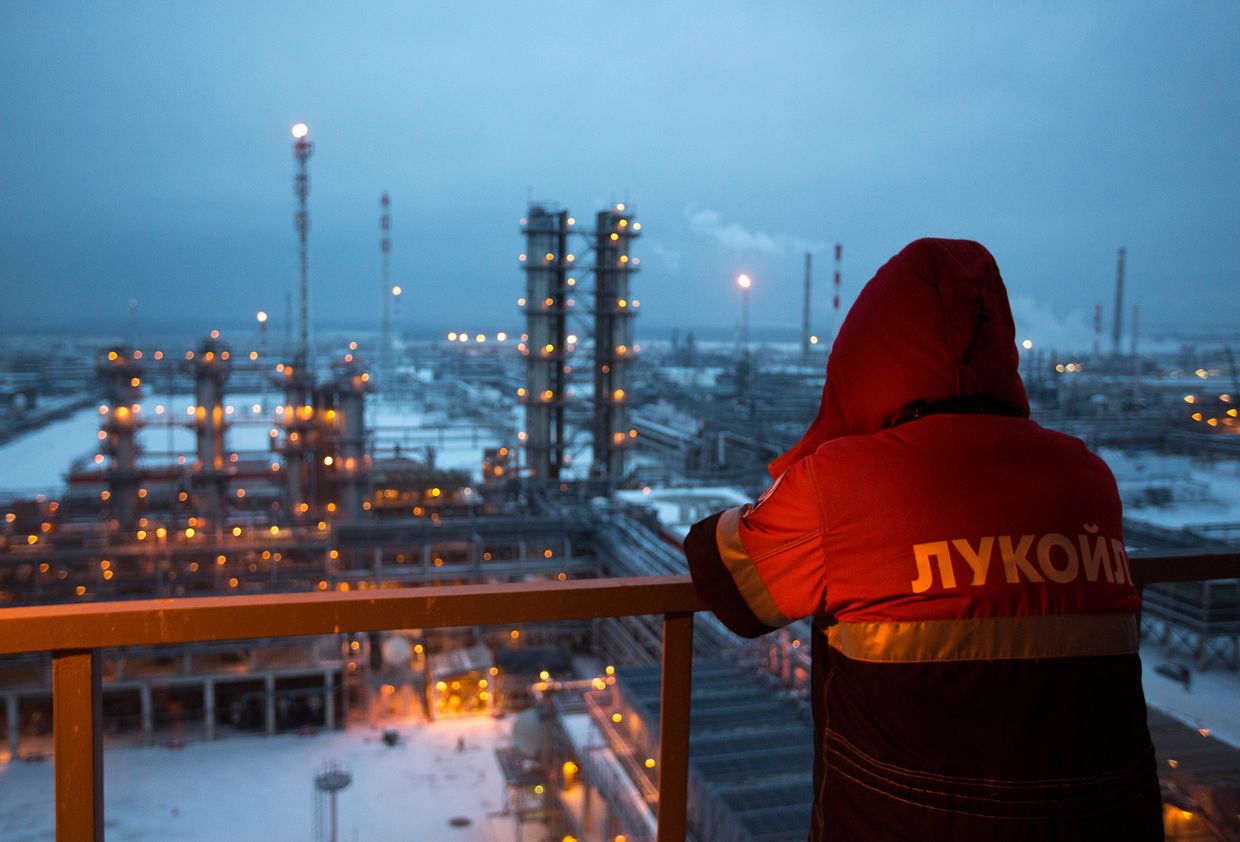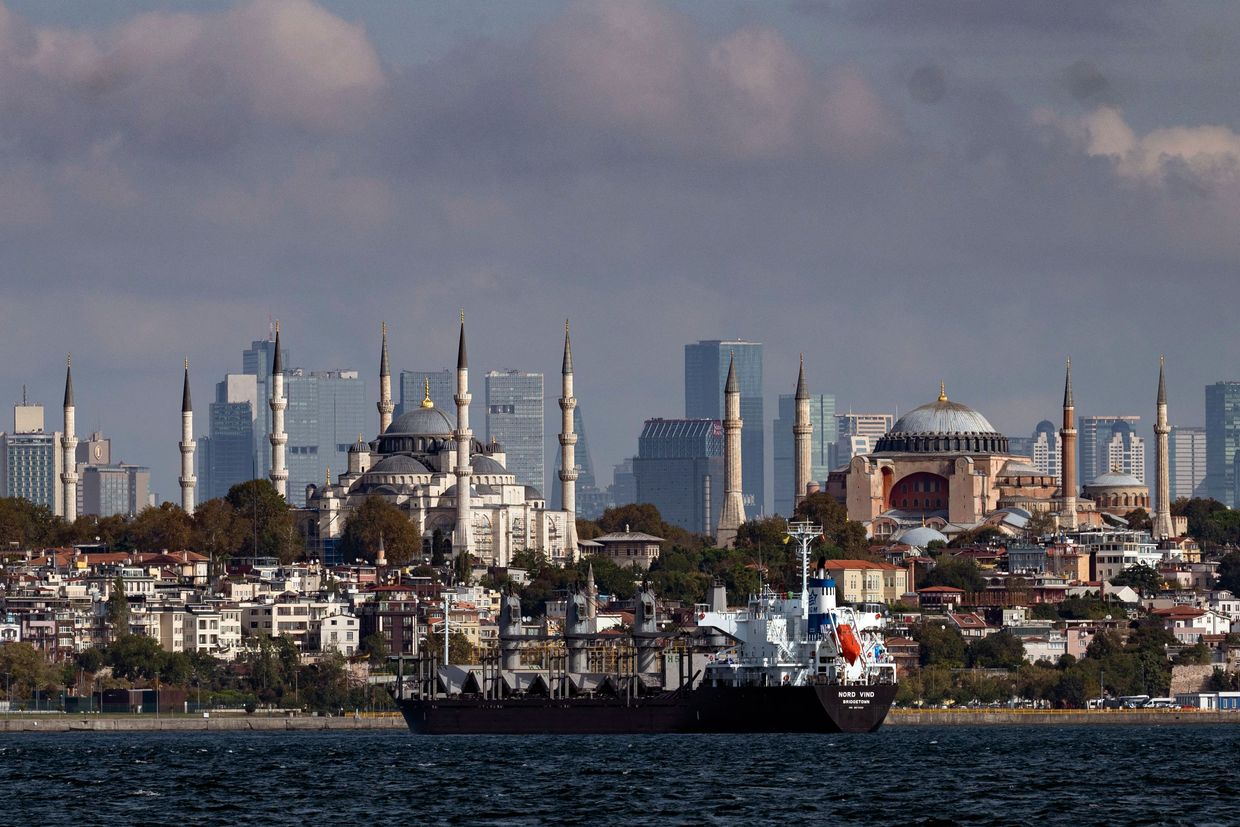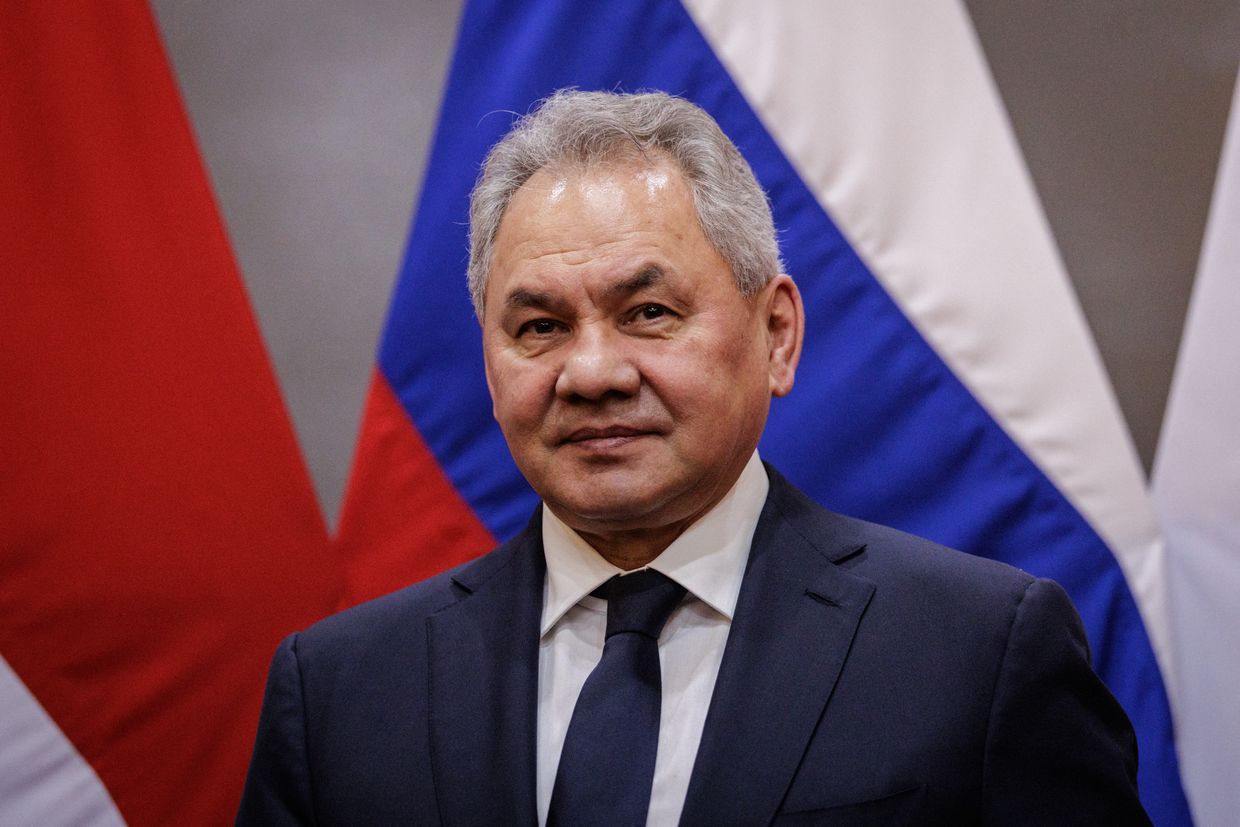Turkey ratified the agreement on a free trade zone with Ukraine on Aug. 2, more than two years after the agreement was originally signed.
President Volodymyr Zelensky and Turkish President Recep Tayyip Erdogan signed the agreement on a free trade zone between Ukraine and Turkey in Kyiv on Feb. 3, 2022, just weeks before Russia launched its full-scale invasion.
The idea for the free trade zone agreement first emerged in 1998, but talks did not officially begin until 2007. Negotiations stalled for years due to disagreements over grains and metal.
Once ratified by both countries, the agreement will "open up new opportunities for duty-free or partially duty-free trade," Economy Minister Yulia Svyrydenko said in May.
The deal will also "simplify logistics, which is an important condition for Ukrainian businesses during the war," Svyrydenko said.
Turkish exports to Ukraine already increased from $198 million in 2017 to $1.5 billion in 2022, while Ukrainian exports to Turkey increased from $776 million to $2.59 billion in the same period, according to data from the Observatory of Economic Complexity (OEC).
Once the agreement is implemented, Ukraine will abolish import duties for 56% of industrial goods and 11.5% of agricultural goods. Turkey will abolish import duties for 93.4% of industrial goods and 7.6% of agricultural goods.
The import duties will be abolished further after an implementation period of up to five years for industrial goods and up to 10 years for agricultural goods.
Svyrydenko visited Turkey on Aug. 1, where she discussed the ratification of the agreement with Turkish Trade Minister Omer Bolat.
The free trade zone should increase mutual trade and "promote the entry of a larger number of Ukrainian and Turkish manufacturers to the markets of our countries," Svyrydenko said.
"After the ratification of the agreement, all countries on the Black Sea coast, with the exception of the Russian Federation, will be united into a single economic space," Svyrydenko added.
The agreement awaits ratification by Ukraine's parliament, the Verkhovna Rada.














